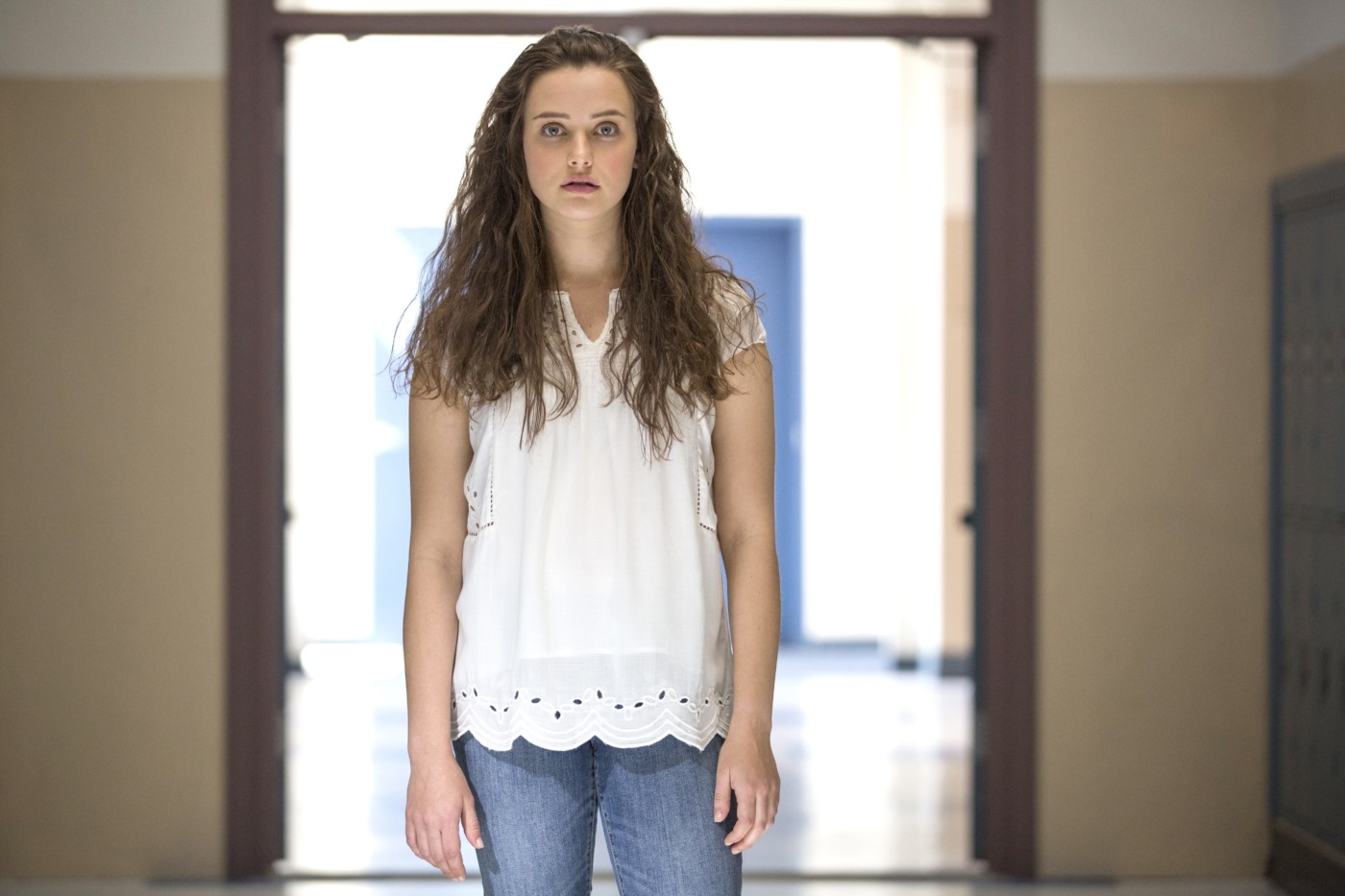The representation of mental health in television: stigmatised or not?
Mental health is a vital issue that should be regularly discussed in a compassionate and responsible manner. In recent years, we have seen attempts to portray experiences such as anxiety or depression realistically. TV and other forms of media can serve as a helpful platform for discussing such issues. It’s important that TV characters are written with complexity and depth in all genres as audiences can relate to them. As the show 13 Reasons Why has continued to air, it has failed to explore these issues the way they deserve to be portrayed.
If you feel the show has helped you in some way then I by no means wish to take that away from you. Initially, I was a fan of the first season. It was a heart wrenching story that I found moving and at the time I thought it brought awareness to the need for kindness. But as time passed and the initial sheen of my binge watch wore off, I began to see the intrinsic problems of the show.
It’s important that TV characters are written with complexity and depth in all genres as audiences can relate to them
Dan Reidenberg, a suicide prevention advocate who was consulted by Netflix for 13 Reasons Why (and discouraged them from releasing it), has previously expressed that “the show doesn’t talk about mental illness, [it] doesn’t name those words.” Instead, the character Hannah Baker’s suicide is reduced to vengeful rather than a result of depression, and Clay Jensen’s anxiety is never given full exploration.
There is also the issue of its initial target audience of younger teens (even though the show is now rated 18) witnessing a character who decides to take her own life, gets scores of attention for it and is absolved of her responsibility for doing so. Never is her mental state which lead her to this decision explored, and no alternative is given. Though Reidenberg has also stated that the company and show runners do care about the issues presented, the show is lacking. It is becoming derailed from its intended purpose through continuing seasons, and it wasn’t even fully grasping the complexity of its subject matter in the first place. It’s sensationalised drama, which is fine, but it should no longer pretend to be otherwise.
Despite controversial misfires like 13 Reasons Why, I don’t believe anxiety and depression are becoming more stigmatised in TV. In fact, they are probably less stigmatised and more regularly explored than other mental health issues such as schizophrenia. The fact that we can recognise 13 Reasons Why opens up some vital discussion but is also flawed, suggests a deepening understanding of accurate representation for mental health.
Never is her mental state which lead her to this decision explored, and no alternative is given
There are examples of shows that are getting their presentation of anxiety and depression right. You can find sustained explorations of depression and anxiety in Bojack Horseman and Crazy Ex Girlfriend. And yes, I think an anthropomorphic cartoon horse and a comedy musical do a much better job than 13 Reasons Why. I will fore warn that Bojack Horseman can be considered triggering as it explores many characters’ self destructive behaviour through substance abuse and sexual escapades. But ultimately it’s a frank and actually hopeful exploration of what can be debilitating conditions, and I appreciate it’s refusal for neat endings and easy answers.
Crazy Ex Girlfriend is a gem of a show that explores the main character’s eventual diagnosis with borderline personality disorder. Its title may concern you, but don’t worry – show creator and main lead Rachel Bloom specifically tackles the word ‘crazy’ to unpack the stigma of mental health issues. Look out for hilarious musical numbers ‘Sexy French Depression’ which lampoons any romanticising of the condition and ‘You Stupid B****’ which we have all likely said to ourselves at some point in our lives.
Despite controversial misfires like 13 Reasons Why, I don’t believe anxiety and depression are becoming more stigmatised in TV
Overall, the solution to shows that lack real exploration of mental health issues is to support ones that write full and diverse characters, that never make experiences like depression, anxiety or suicidal thoughts an idealised martyrdom. Life isn’t pretty and explorations of mental health shouldn’t be either.
Most importantly, these shows should remind us that when we are not behind our screens, there are real people out there suffering with real issues who deserve our compassion.

Comments